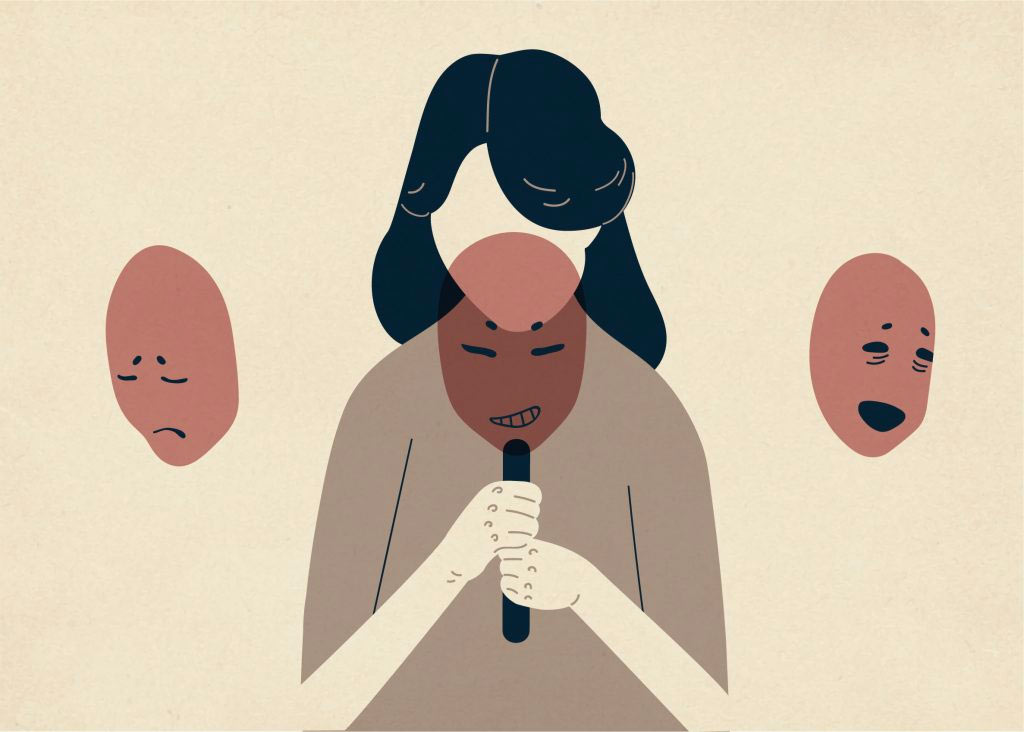No parent wants to be confronted with the possibility that their teenager might be struggling with mental illness. With the stigma and shame surrounding mental health, facing this reality as a family can be confusing.
The truth of the matter is that countless teenagers and their families are impacted by mental illness today, including depression and eating disorders like anorexia, bulimia, and binge eating disorder. A lack of awareness and understanding of mental illnesses can make it difficult to recognize and potentially worsen a teenager’s condition.
Understanding Mental Illness
Teenagers who may be struggling with bulimia could be more prone to poor regulation of emotions and difficulty coping with hard situations, which can increase susceptibility to depression.
You may be wondering why this might be the case.
Research has found that mental illnesses are often influenced by similar root causes, including biological factors like genetics, environmental issues, family history, and exposure to trauma [1]. It’s also important to note that mental illness is not the result of one singular factor and that there is often a combination of many factors that increase a teen’s susceptibility to mental illness.
Mental illness is a serious concern among teenagers, with studies showing that 1 in 5 teenagers between the ages of 13-18 has or will develop a mental health condition [2]. Furthermore, 50% of all lifetime cases of mental health conditions begin by age 14 [2]. A greater understanding of the impact of mental illness among teenagers can help parents be aware of potential red flags that may indicate their child could be struggling.
Overlapping Bulimia and Depression
Among the concern about mental illness among teenagers are overlapping conditions that can exacerbate symptoms and worsen the overall health of a teenager. One common example of this is the occurrence of bulimia nervosa, an eating disorder, along with depression. These two separate mental health conditions can often occur and develop together.
For some teens, depression can precede the development of bulimia; for others, the opposite is true, where an eating disorder may be the trigger for depression. Either way, the coinciding progression of bulimia and depression can be a problematic trigger for a host of complications, including:
- Medical health risks, such as heart complications, seizures, abnormal bowel functioning, and extreme fatigue
- Psychological issues, including negative body image, self-harm ideations, and increased risk for suicide
- Increased risk of addiction and substance abuse
- Poor academic and athletic functioning
- Forced withdrawal from school
- Social isolation and fractured relationships
Teenagers who may be struggling with bulimia could be more prone to poor regulation of emotions and difficulty coping with hard situations, which can increase susceptibility to depression. In addition, a teenager struggling with depression and hopelessness might use maladaptive behaviors with food to cope or numb out.
The characteristic behaviors of bulimia include binging on abnormal amounts of food in a short period, followed by a compensatory purging behavior to get rid of the food eaten. This might include self-induced vomiting, laxative abuse, or excessive exercise. For many teenagers who are struggling with depression, the behaviors associated with bulimia may be a means of self-medicating or “escaping” from the overwhelming sadness and hopelessness they may be experiencing.
The danger is that this cycle often perpetuates continuously and is often hidden in secret until issues become more problematic.
Signs and Symptoms of Bulimia and Depression
Here are some of the signs and symptoms that a teenager may show if they are struggling with bulimia and depression, which might include:
- Hiding or hoarding food
- Eating an abnormal amount of food at a hurried rate
- The disappearance of large amounts of food
- Habitually going to the bathroom after eating or during meal times
- Drastic personality or mood swings
- Lack of interest in activities that were previously enjoyed
- Disrupted sleeping or eating habits
- Poor hygiene and lack of self-care
- Out-of-control, risk-taking behaviors
- Extreme difficulty in concentrating
- Appearing withdrawn and hopeless for more than 2 weeks
- Obsession with appearance and the desire to lose weight
If you have noticed your teenager struggling with any of the above signs and symptoms, it is important to immediately contact professional help. Because of the nature of mental illness, seeking interventions as soon as possible can help prevent worsening issues and improve the prognosis of your child’s situation.
How to Help Your Teen
Having a teenager who is struggling with both bulimia and depression can feel overwhelming and confusing. The most important thing to remember is that you don’t have to go through this alone, and there is specialty treatment that can help your teenager overcome both of these mental health conditions.
Your teenager needs to know that you are on their side, advocating for their life and well-being. Take the time to communicate with them and gently share your concerns about their health. Remind them that their struggles are not their fault and that you will be there for them. Connect them to the resources they need to overcome their struggles.
Seeking out a comprehensive treatment program that addresses co-occurring mental health conditions is essential for achieving long-lasting recovery. Treating just bulimia or the eating disorder may help temporarily. Still, it is ideal to receive professional care for both issues for a teenager who may be dealing with both conditions.
At The Meadows Ranch, our caring and compassionate team of professionals offers the skilled and evidenced-based treatment needed to help your teenager and your family navigate through the process of healing from bulimia and depression. Connect with us today to learn about the options we offer for teens and their families, and let us help you find hope and healing through this process.

